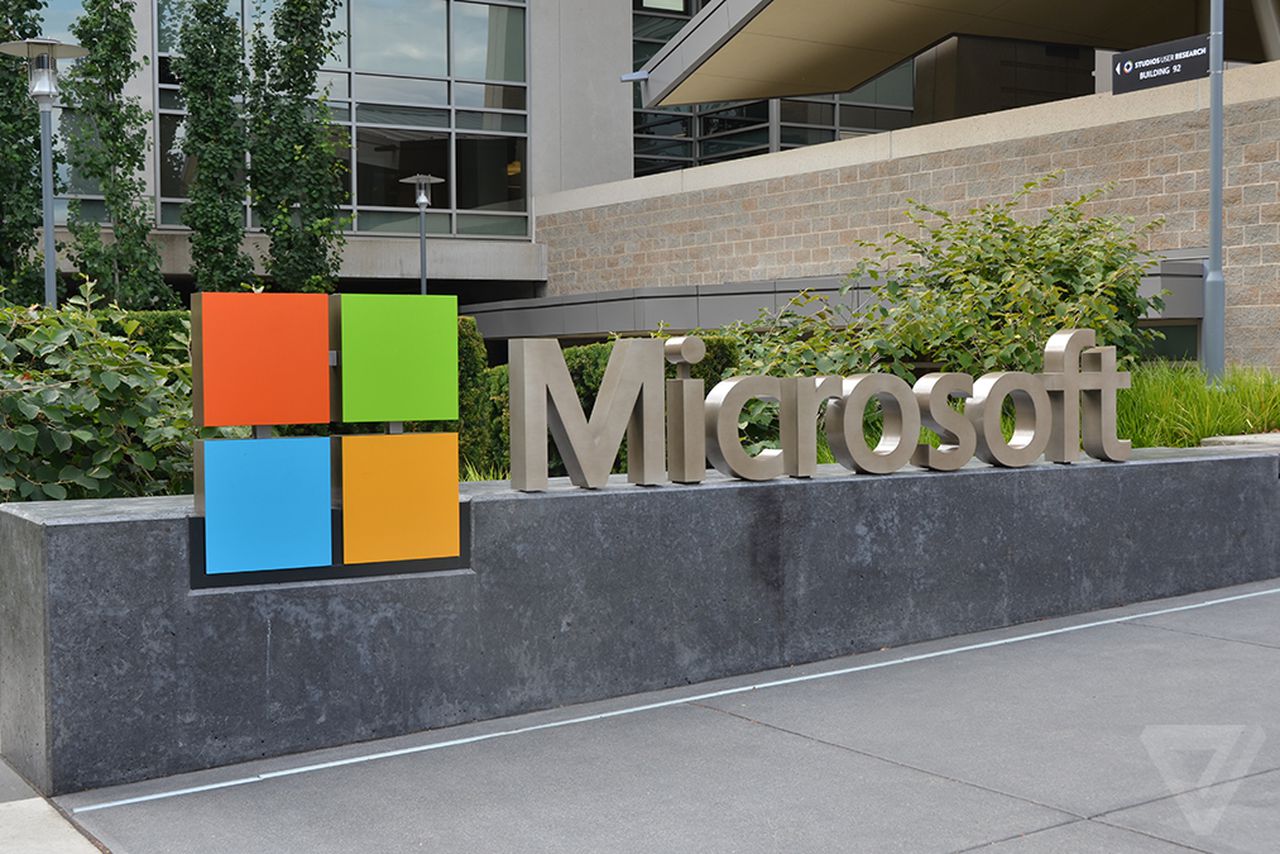
Microsoft isn’t interested in building its own self-driving car. Speaking at the Converge conference in Hong Kong this week, Microsoft’s Peggy Johnson revealed that the company will continue to build software for cars rather than create vehicles. “We won’t be building our own autonomous vehicle but we would like to enable autonomous vehicles and assisted driving as well,” said Johnson, who is the head of business development at Microsoft.
Google and Fiat Chrysler agreed last month to work together to build self-driving Chrysler Pacifica minivans with Google’s autonomous technology. It appears that Microsoft is keen to follow a similar path, but just on the software side. “We in different ways enabled a variety of different partners and you’ll see us continuing to do that,” explained Johnson. Microsoft is open to partners requesting an operating system for cars, and Johnson specifically cites examples of being able to work in self-driving cars eventually.
/cdn0.vox-cdn.com/uploads/chorus_asset/file/5875687/IMG_1666.0.jpg)
Harman is integrating Microsoft Office 365 into its infotainment systems, and the partnership will bring the entire suite of productivity apps including Word, Excel, and PowerPoint to cars for the first time. “You’re sitting in the car for many, many minutes a day. Can that be part of your new office, can it be your new desk, a place where you actually get work done?” asked Johnson. “We believe it can.”
Microsoft has a long history of providing software for vehicles. Ford, Kia, BMW, Nissan, and Fiat have all used special versions of Windows to create their own interfaces and systems. Microsoft even revealed its “Windows in the car” initiative two years ago, but it has yet to partner with any manufacturers to make it a reality.
Source: http://www.theverge.com/2016/6/3/11850214/microsoft-self-driving-car-software